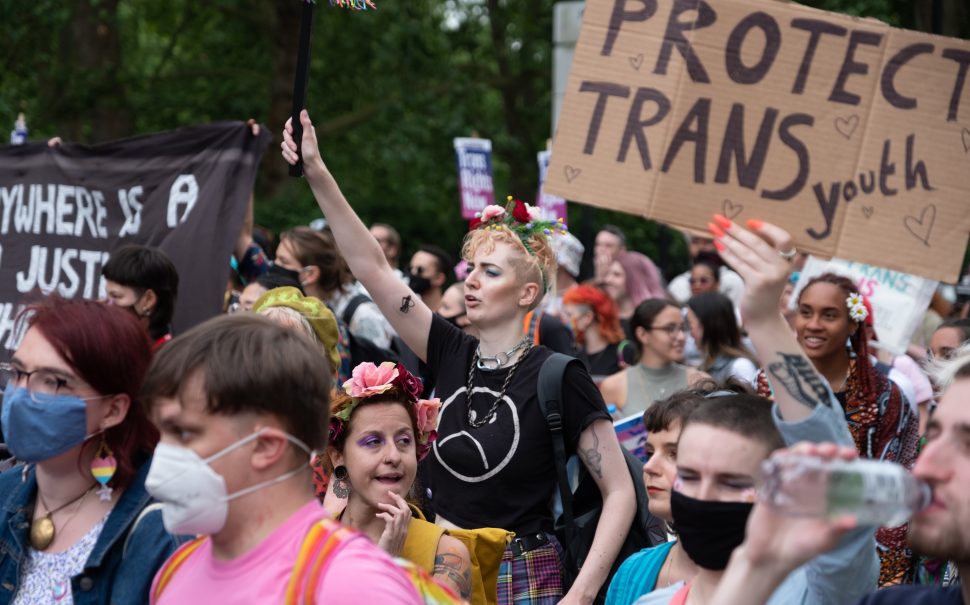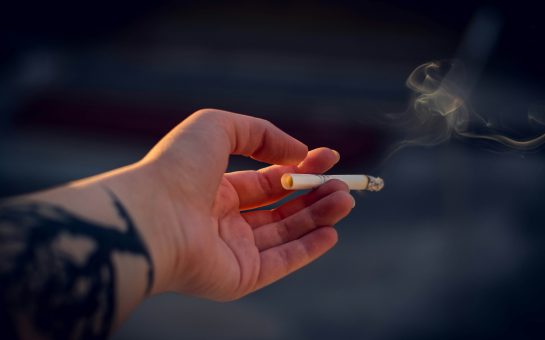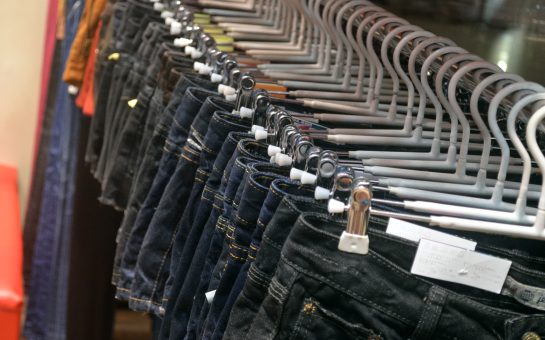The Office for National Statistics has – for the first time ever – published statistics on trans and non-binary people living in the UK.
The 2021 census was the first time people were asked more detailed questions about their gender identity, with young people being nearly twice as likely on average to be trans or non-binary.
Alex Shimbles, a trans student at the University of Central Lancashire said: “More people probably realise they’re trans, I think there have always been trans people but more people realise they are through internet communities and resources online.
“A lot of visibility is through Youtube and social media, a lot of trans people are able to have a platform that allows other people to explore their identity.”
More than 250,000 people answered ‘no’ to the question “Is the gender you identify with the same as your sex registered at birth?”
The figure represents about 0.5% of people who responded to the census in 2021.
Alex said: “I was shocked to find this was the first time the data on gender identity has been collected, it’s a hugely spoken about thing, people have known about trans identities for a long time.
“I don’t think the information will be entirely accurate, if you live in a household where your parents don’t accept you, your identity may not be recorded correctly.”
Recently the Scottish government introduced a bill which streamlined the process for people to self-identify as trans or non-binary as well as lowering the age people could do this to 16.
However, the bill was blocked in Westminster over claims it would contravene the UK wide Gender Recognition Act which was passed in 2004.
The Welsh parliament has responded by announcing it will seek to include gender recognition laws within its devolved powers to protect trans rights.
Alex said: “While we’ve come a long way there’s so much further to go, when I came out my school counsellor had no idea what it meant. When a younger student also came out as trans they were often sent to me for guidance rather than him dealing with it.
“I hope in the future we become more visible and it’s taught more in school. I think if it’s something that you’re brought up to understand you’re less likely to have any prejudice against it.”
Photo by Ehimetalor Akhere Unuabona on Unsplash




